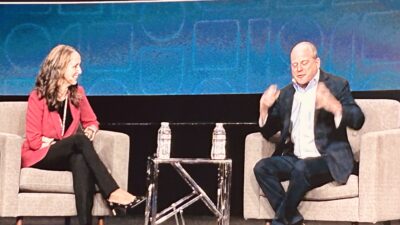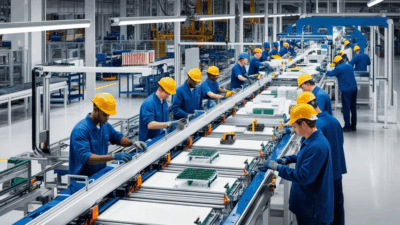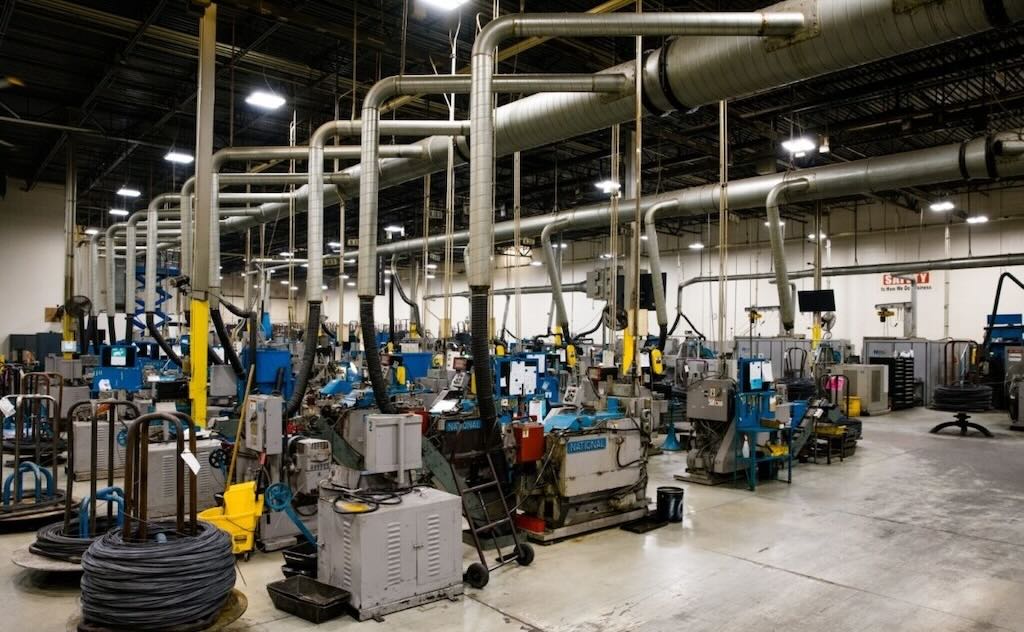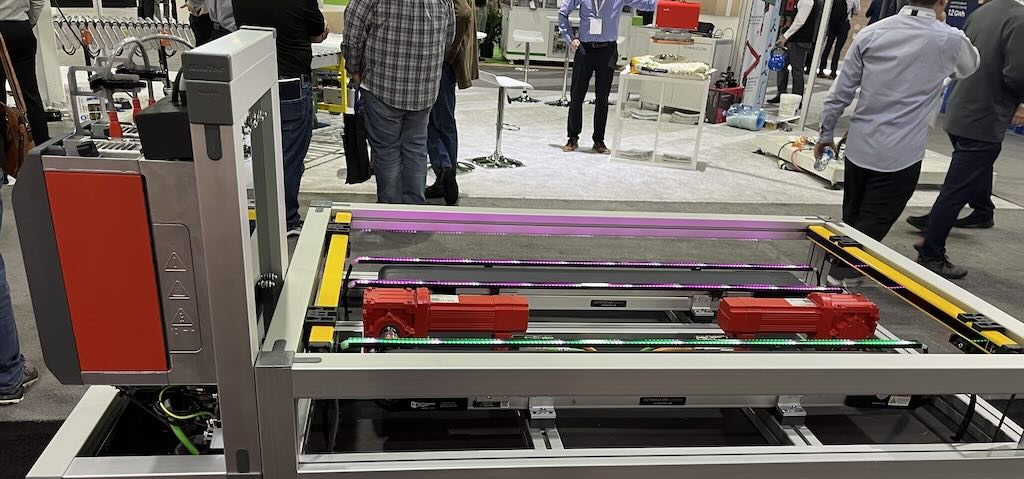On the morning of 18 November 2015, representatives of Royal Dutch Shell stood at the corner of Yonge and Bloor in Toronto and handed out free bus passes.
On the morning of 18 November 2015, representatives of Royal Dutch Shell stood at the corner of Yonge and Bloor in Toronto and handed out free bus passes. Why would an oil company — a member of the global oil oligopoly and oft-affiliated with the private vehicle motor lobby — hand out free bus passes? Because Shell wants to be seen as a socially responsible corporate entity — one that accepts climate change is occurring and supports the use of public transport in cities.
I believe we’re in a defining decade for mobility and for our cities. Future generations will look back on the 2010s and proclaim it a period of urban and transport disruption that matches or even outstrips any decade in the 20th century.
There are several factors that make this such a critical period: behaviour change, environmental pressures, financial scarcity and technological evolution. Together, these are so powerful and irresistible that even companies that previously defined themselves through fossil fuels, private transport, single ownership models and the supposed inevitability of mobility-based consumerism are now changing their business models. They know that if they don’t, they’ll become the next Enron.
In the late 1990s, General Motors (GM) leased its electric EV1 car in limited numbers. A loyal base of lessees appreciated the car’s green credentials, low running costs and its suitability for city travel. But the EV1 was withdrawn because it was so successful and was perceived as a threat to the conventional business model that relied on tight coupling between GM and the fossil fuel industry. GM killed the electric car, some would also argue, because the vehicles were a portent for changing consumer preferences and a new area of mobility that could be met through disruptive technology. And back then, that was not GM’s core business. Today, GM has an urban mobility team that is investigating, very publicly, a future for ‘sustainable urban mobility’ and has published blue papers on the topic.
Who remembers BP’s marketing slogan ‘beyond petroleum’ from the early 2000s? In name and marketing — if not in action — that was in response to two factors: rising consumer awareness of climate change and the apparent future of energy. The slogan was quietly dialled back in around 2010. It seems that even the spectre of peak oil couldn’t sustain BP’s branding efforts. The Deepwater Horizon catastrophe also had a detrimental effect on BP’s attempts to create a warmer and fuzzier brand.
Maybe the pundits got it wrong about peak oil? (Certainly it’s been postponed thanks to some intergovernmental willingness to extract shale oil.) And consumers’ spending patterns and mobility choices weren’t forcing enough of a move away from business as usual. But I believe that’s changing.
This year, Henry Ford’s grandson and ex-CEO of Ford Motor Company, Bill Ford, talked about the future of mobility revolving around a sharing economy. The company’s purported shift in direction to embrace a sharing economy is the opposite of the old Fordist model of a car for everyone. Volvo, Mercedes and BMW all have EVs on the market. They and other prestige manufacturers are pursuing level 3 autonomous technology.
Uber, Lyft, ZipCar and other disruptive enterprises are in the process of reinventing peoples’ mobility patterns. According to some optimists, many of today’s youngsters aren’t even bothering with driving licenses.
For me, this all adds up to one thing: I’d argue that we are seeing a revolution in mobility and in our cities. I think this means a lot of conventional assumptions about how people will travel in future are now outdated and we need to think seriously about our infrastructure investment priorities.
Ryan Falconer leads the Transportation Consulting business in Canada from our Toronto office. Most of his work deals with transport strategy for government and private clients. This article originally appeared on Arup Thoughts. Arup is a CFE Media content partner.
Edited by Ksenia Avrakhova, production coordinator, CFE Media, [email protected].



